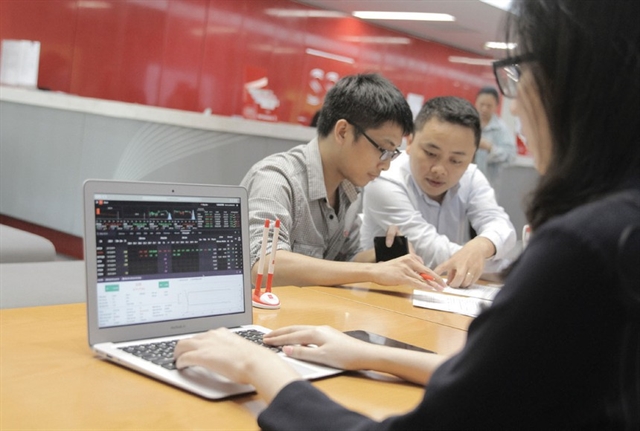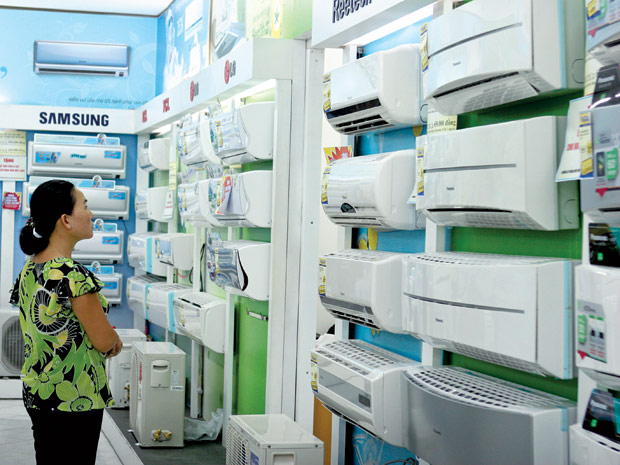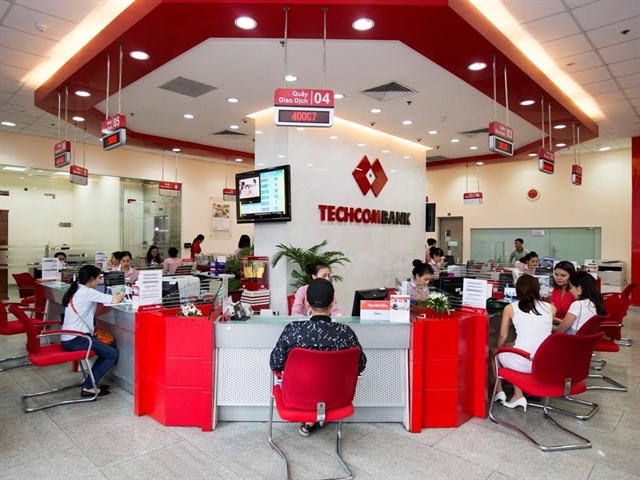
HÀ NỘI — Property firms are gearing up to tap opportunities from the post-pandemic recovery of the real estate market, which was predicted to soon get back on its feet.
The real estate market has been frozen since the beginning of this year due to the COVID-19 pandemic.
The Ministry of Construction’s statistics showed that about 80 per cent of real estate sale agents were closed or temporarily halted operations in the first quarter of this year while the others maintained operations at a modest level.
The number of new real estate firms founded in the quarter also dropped by 12 per cent while of those who temporarily halted operation increased by 94 per cent.
Transactions also slumped in the quarter, equivalent to 40 per cent of the same period of 2019. Only 14 per cent of property products available in the market in the quarter were sold, the lowest level in the past four years.
However, industry insiders believed that the impacts would only be short term and the market would be robust in the next two years.
According to Nguyễn Quốc Bảo, deputy director of real estate firm Danh Khôi Group, the real estate market was undergoing a purification process, pushed by the COVID-19 pandemic, to prepare for a new growth cycle.
This would be a difficult time for companies of weak capacity, but for those with strong financial capacity and professional operation, obstacles like the COVID-19 pandemic would only be short term. The pandemic even created opportunities, he said.
Trần Lê Thanh Hiển, chairman of Danh Việt Group, said the difficulties of the real estate market were just temporary, adding that in the long term, the market had significant potential for development.
It was time for real estate companies to expand land banks, especially those with strong financial capacity.
According to Phạm Lâm, chairman of real estate services firm DKRA Vietnam, the market would see increasing competition in the post-pandemic period with the participation of diversified developers, from giants to start-ups, which would create a robust picture in 2020-21.
Nguyễn Văn Hậu, general director of Asian Holding, said that real estate firms must improve resilience and flexibility to cope with market shocks.
Although there were difficulties, the market saw positive signs, Hậu said. The State Bank of Việt Nam’s move to cut rates would support the property market, he said.
According to Sử Ngọc Khương, Director of Savills Việt Nam, the COVID-19 pandemic had negative impacts not only on the real estate market but also on more than 50 relevant industries, including construction, building materials, labour and financial markets.
However, the real estate market of Việt Nam still had a number of advantages and was attractive to investors, given the population of nearly 100 million people, 55 per cent aged between 25 and 40 who had high housing demand and strong purchasing power, together with the country’s stable economic growth, improved transport infrastructure and rapid urbanisation.
The Government’s efforts in hastening administrative reforms and speeding up disbursement of public investment were expected to create impetus for economic growth which would benefit the real estate market, Khương said. — VNS































